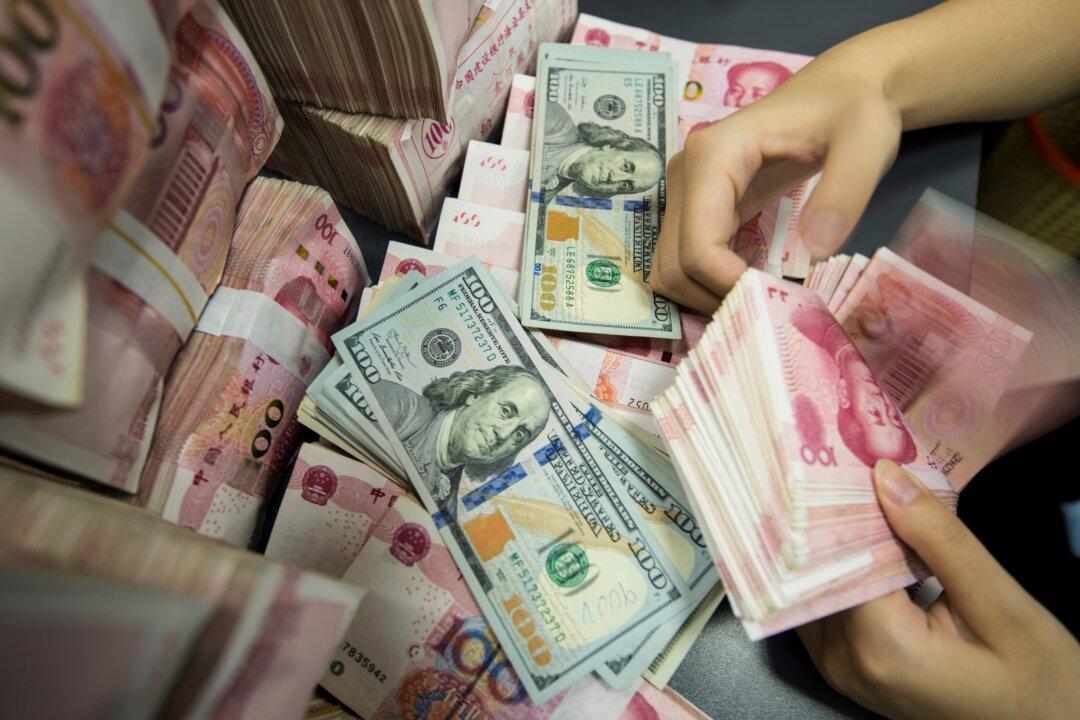The National Bank of Kyrgyz Republic announced in recent days it will include the Chinese yuan in its shortlist of foreign currencies whose exchange rates are published daily.
The nation’s central bank will determine and publish the rate of the Chinese Renminbi Yuan (RMB) against the country’s official currency, the Kyrgyz Som, starting from Sept. 1, according to a statement on its official website.




